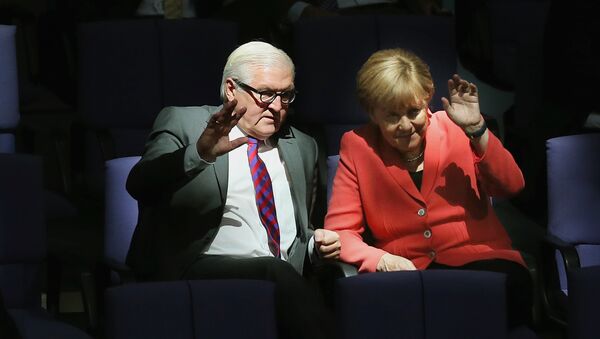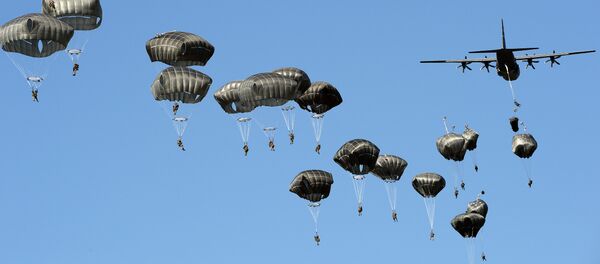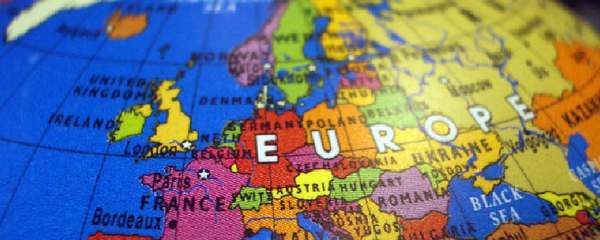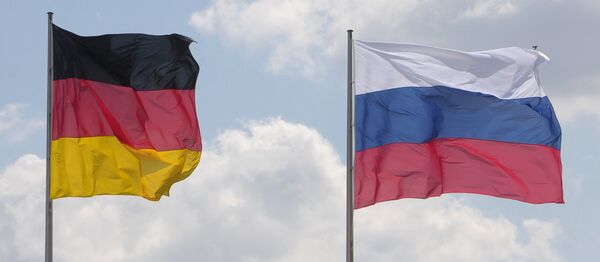German Foreign Minister Frank-Walter Steinmeier pledged that Germany will take maximum efforts to prevent the current tensions between Russian and the West from turning into a new Cold War.
Recently, the minister wrote an article for the magazine Foreign Policy.
"Going forward, Germany will continue to do what it can to prevent the tensions from escalating into a new Cold War," the article read.
In the piece entitled "Germany’s New Global Role," Steinmeier stressed that Berlin and Paris, not the United States, are playing the key role in the settlement of the Ukrainian crisis.
According to him, the Minsk agreements are far from perfect but without them the conflict would have gone out of control and spread far beyond the Donbass region. This is why Germany will seek their implementation.
Steinmeier also wrote that Washington is not involved in the Ukrainian settlement and has focused on other challenges.
This last assumption is debatable though. Earlier this week, Victoria Nuland, US Assistant Secretary of State for European Affairs, visited Kiev and held talks with Ukrainian officials, including President Petro Poroshenko. On June 14-16, Ukrainian Prime Minister Vladimir Groysman visited Washington. It seems that the US is still interested in the Ukrainian problem.
Nevertheless, Steinmeier wrote that Germany is ready to embrace again the key role in European politics. He also criticized the US for its foreign policy, including the 2003 invasion in Iraq.
"The illusion of a unipolar world faded," he wrote.
At the same time, Berlin has not so far made any concrete steps to normalize ties with Russia.
Steinmeier’s statements were made to calm voters, Igor Maksimychev, a senior fellow at the Institute of Europe, the Russian Academy of Sciences, said.
"Germany is powerful enough, especially among European countries, to prevent tensions with Russia from turning into a new Cold War. But the question is will Berlin do that?" he told Svobodnaya Pressa.
"Steinmeier is a powerful politician, but it is Chancellor Angela Merkel who makes final decisions. His article may be a good PR-move to calm the public. In Germany, there is a growing number of those calling to prevent a conflict. European politicians have said that sanctions against Russia should be eased. But nothing has been done. So, we should neither underestimate nor overestimate Steinmeier’s article," he pointed out.
"The situation will really change only when Berlin conducts its own European policy," Maksimychev said.
"Despite the fact that his article criticized the US, he is not the man who forms Germany’s foreign policy," the analyst added.
Vladislav Belov, an expert in German affairs at the Russian Academy of Sciences, said that theoretically Germany could play a constructive role in normalization between Russia and the West.
"Currently, Germany is capable of shaping public opinion as well as the position within NATO. The article came ahead of the alliance’s summit in Warsaw. I think it’s an attempt by Berlin to shift from standoff to a compromise," he said.




